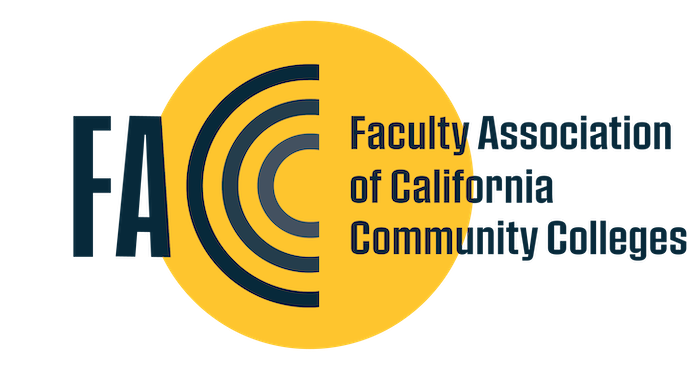Summer Blog Series: Visions of Throughput, or, the Equity Factory
Equity and Efficiency
Chancellor Eloy Ortiz Oakley’s “Vision for Success” for California Community Colleges represents the most dramatic reform to the CCC system since the 1960 California Master Plan for Higher Education. To the Master Plan’s emphasis on open access, the Vision adds an ambitious focus on two new goals: achieving equity in completion rates for students from historically underrepresented groups and increasing the efficiency of the CCC system’s production of completions—degrees, certificates, etransfers, and specific, high-demand job skills. This conceptual coupling of equity and efficiency is the Vision’s core premise. It frames inequity in terms of inefficiency and it offers efficiency as the means to achieve equity.
But the Vision never defends or even inquires into this premise. The authors simply assume that the economic means of efficiency will achieve the political end of equity, and everything in the Vision follows from this. And so this assumption deserves critical scrutiny. In making it, the authors of the Vision, without acknowledging it, draw on core tenets of neoliberal ideology: that the public sector should model itself on the private sector, and so that political and social goods are best pursued by applying the economic laws, so-called, of the competitive marketplace. If we want equity, we should seek to produce it as if it were a good being produced for the market: with maximal efficiency, and the highest possible return on investment.
